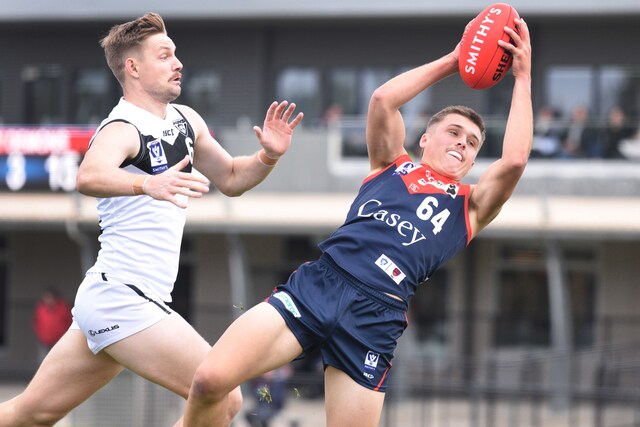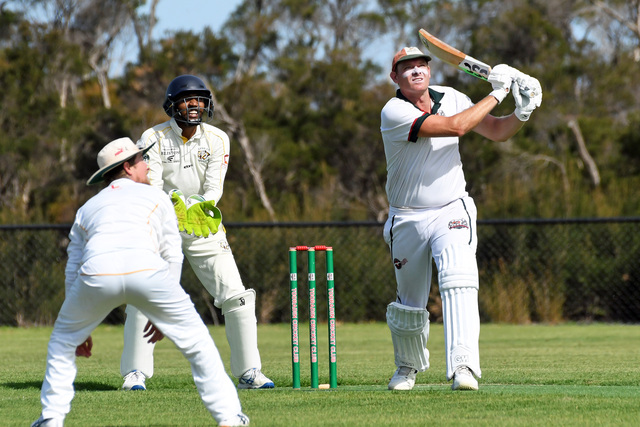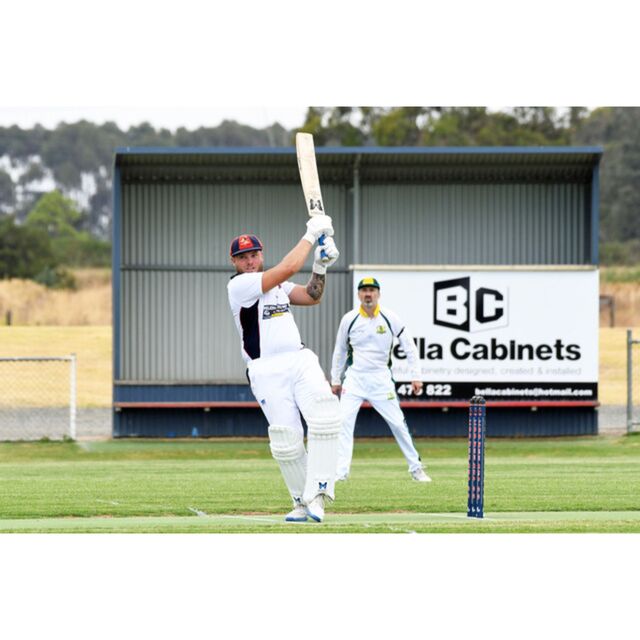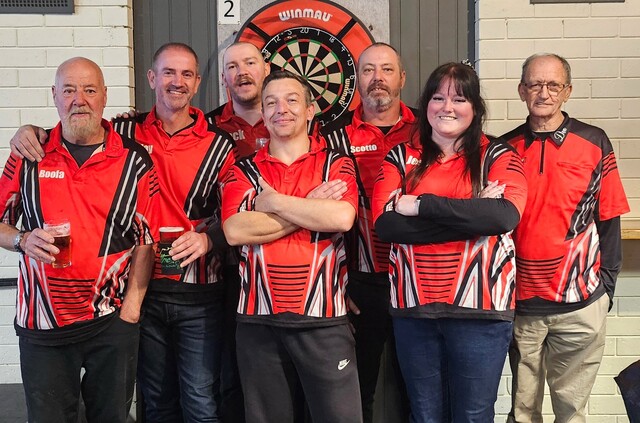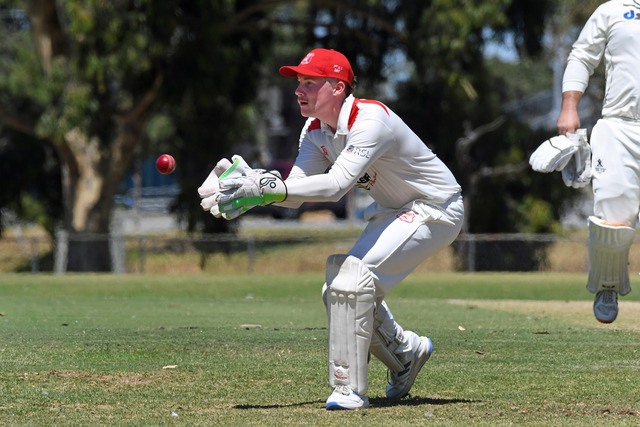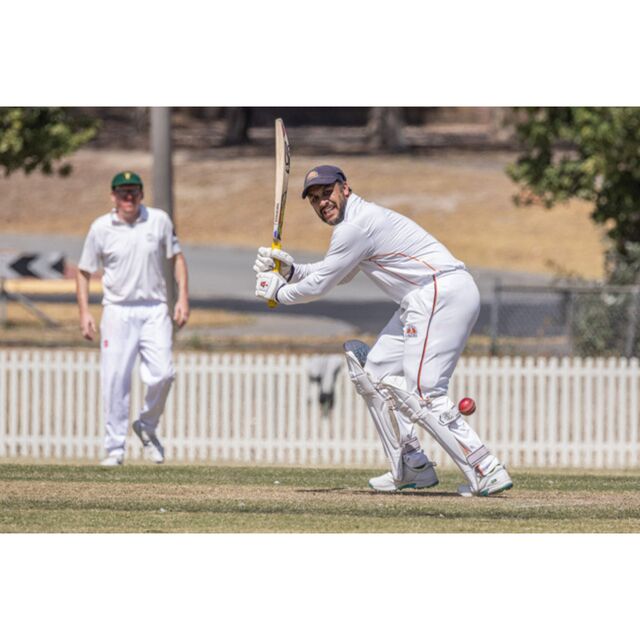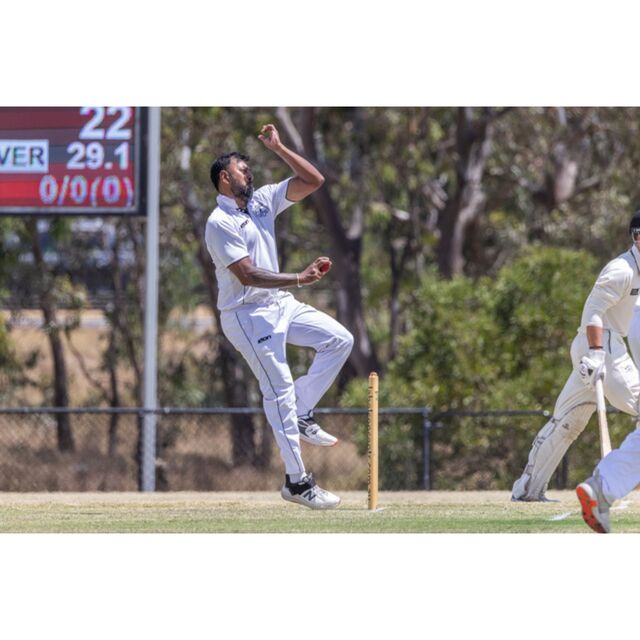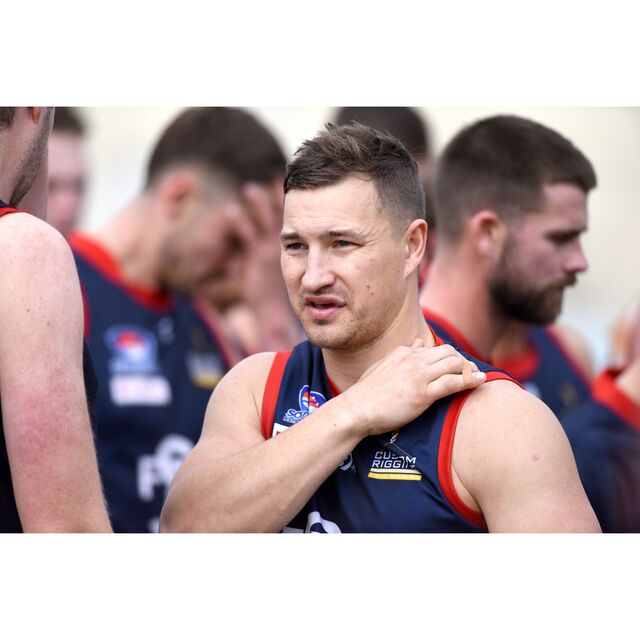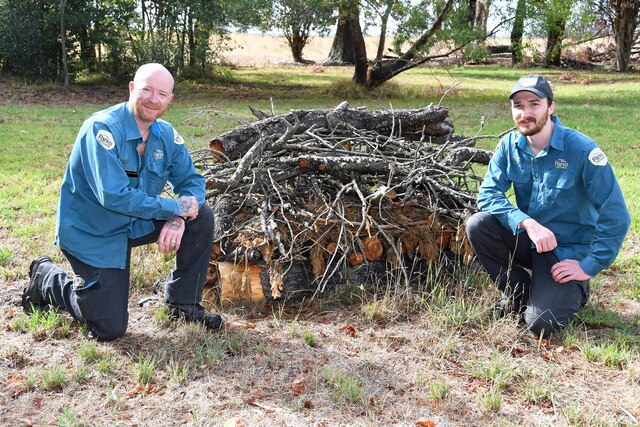By BRIDGET COOK
THE Australian Press Council has upheld some aspects of a complaint by the City of Casey that the Sunday Herald Sun was “inaccurate, unfair and unbalanced” in its reporting on the council.
Earlier this year, the City of Casey made a complaint to the press council about the coverage of it by the Sunday Herald Sun over an extended period.
The council cited eight articles between June 2011 and May 2012, including reports of the council’s activities, specific investigations by the newspaper, editorial comment and opinion articles.
The council complained that the newspaper’s coverage about an alleged council ban on kite-flying, use of capsicum spray at a council meeting, the council’s participation in a local equestrian event, its expenditure on publicity and the comparative level of its recent rate increases included inaccurate assertions. It also said the newspaper failed adequately to clarify these matters with it before publication.
In its complaint, Casey said that descriptions of it as being “Victoria’s most dysfunctional council”, “Cowboy Council” and “bungle plagued” created a false impression.
This week, the Australian Press Council concluded that some of the facts alleged by the newspaper were incorrect and others unfairly negative.
The findings stated the inaccuracies and the negative slant constituted a breach of their principles concerning fair and accurate reporting.
In addition, the inclusion in a news story of phrases such as “most dysfunctional council” and “Cowboy Council”, being expressions of opinion, breached the press council’s principle that opinion should be clearly separated from fact. The complaint is upheld on those grounds.
The Press Council said it considered it was very important in the public interest that newspapers report on the activities of governments, public companies and other such institutions. It stated that in doing so, they are entitled to vigorously pursue issues, even to campaign, provided that they comply with the Press Council’s principles.
In this case, there was no evidence of the kind of clear, major and sustained imbalance that would usually be necessary to constitute a breach of the principles relating to balance, so that aspect of the complaint is not upheld.
City of Casey chief executive Mike Tyler said the council welcomed the determination.
“The City of Casey’s complaint focused on the Sunday Herald Sun’s sustained coverage over an 11-month period which discredited the City of Casey and its reputation, while misleading and misinforming readers on a number of topics related to council,” he said.
“This is a council that takes transparency and accountability very seriously, so we acknowledge that matters occurring at council are in the public interest, however, it’s imperative that the media report the facts fairly and accurately.
“It is disappointing that the Sunday Herald Sun focussed on negative reports about the City of Casey, in lieu of balanced reporting which also highlights the positive work being achieved by council for Casey residents.”
In its response to the Australian Press Council, the Sunday Herald Sun said that it and other outlets had been reporting on problems with Casey Council since 2009, including allegations of sexual harassment and ‘secret’ payouts.
The newspaper said it had observed frequent disorder at council meetings, including attendance by police who threatened to use capsicum spray.
It said the council had been asked frequently for comment, usually by written questions, and had a letter published recently.
Casey was a public body and had been subjected to proper scrutiny and accurate reporting, and had not taken up offers to have the alleged inaccuracies corrected, the newspaper said.
Casey’s press council win
Digital Editions
-
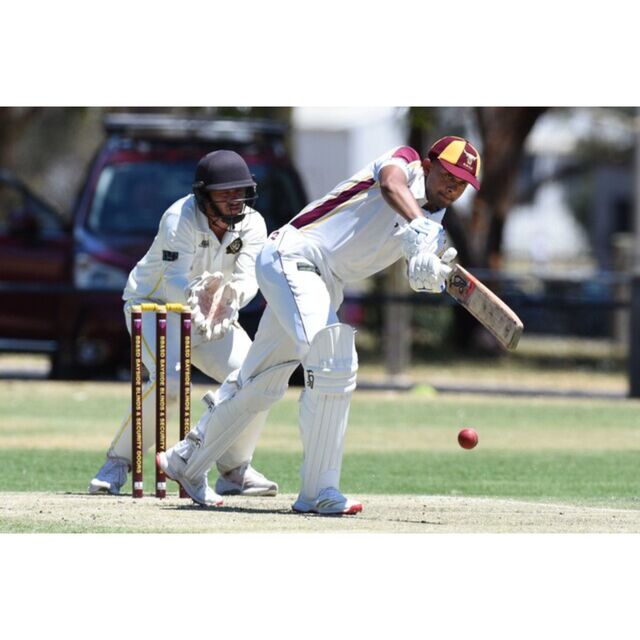
Bulls charge home to win
Dandenong West secured a brilliant comeback victory against Narre South in the Dandenong District Cricket Association (DDCA) Turf 1 competition to win by two wickets…

